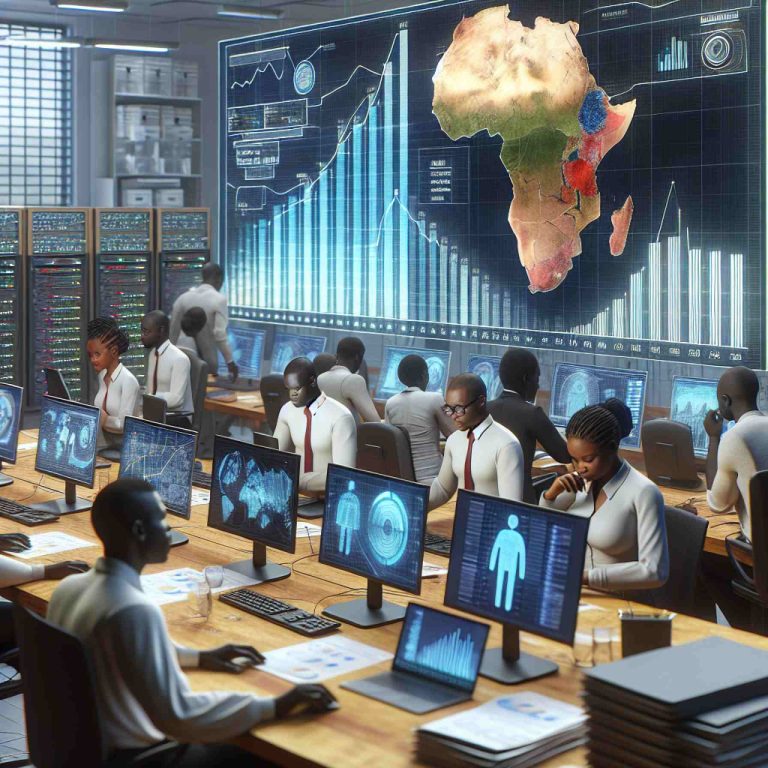
realistic photo of business consulting --ar 16:9 Job ID: 92d74a77-a4c2-413f-b165-21b09003dd40
Zimbabwe, a country located in the southern part of Africa, has a legal framework for criminal law and justice that has evolved significantly over the years. The criminal justice system in Zimbabwe is multi-layered and attempts to balance traditional values with modern legal practices.
Historical Context
The genesis of Zimbabwe’s criminal law system can be traced back to its colonial past. Prior to gaining independence in 1980, Zimbabwe was under British colonial rule, which significantly influenced its legal system. The country adopted a criminal justice framework rooted in English Common Law, which still underpins many aspects of its legal system today. Over the years, Zimbabwe has tailored its criminal law to better align with its social, cultural, and political dynamics.
The Legal System
The legal framework in Zimbabwe incorporates various statutes, case law, and common law principles. The criminal justice system is primarily governed by the Criminal Procedure and Evidence Act (Chapter 9:07) and the Penal Code (Chapter 9:23). These laws detail the procedures for criminal investigations, prosecutions, trials, and sanctions.
Responsibility for enforcing these laws lies with various institutions, including the Zimbabwe Republic Police (ZRP), the National Prosecuting Authority, the judiciary, and correctional services.
Police and Law Enforcement
The Zimbabwe Republic Police (ZRP) is the primary law enforcement agency tasked with maintaining law and order. The ZRP engages in crime prevention, investigations, and the apprehension of offenders. However, the police force faces challenges such as limited resources, allegations of corruption, and human rights violations, which significantly impact operational effectiveness.
Judiciary
Zimbabwe’s judiciary is crucial in interpreting and administering criminal laws. The judicial hierarchy comprises the Constitutional Court, Supreme Court, High Court, Magistrates’ Courts, and specialized tribunals. Magistrates’ Courts handle the bulk of criminal cases, while more serious offenses are escalated to higher courts. Despite being a cornerstone of justice, the judiciary in Zimbabwe faces issues such as political interference, understaffing, and inadequate funding, which sometimes undermine its independence and efficiency.
Correctional Services
The Zimbabwe Prisons and Correctional Services (ZPCS) are responsible for the incarceration and rehabilitation of offenders. Zimbabwe’s correctional facilities are frequently criticized for overcrowding, poor living conditions, and inadequate medical care. Despite these challenges, there are ongoing efforts to improve rehabilitation programs aiming at reducing recidivism and aiding reentry into society.
Traditional Justice Systems
Traditional leaders also play an essential role in dispensing justice, especially in rural areas. Chiefs and village heads often resolve minor disputes and criminal cases based on customary law, which sometimes conflicts with formal legal provisions. The dual legal system requires careful balancing to ensure fairness and justice for all citizens.
Contemporary Challenges
Several issues plague Zimbabwe’s criminal law and justice system. These include:
– Corruption: Corruption within the police force and judiciary hampers the effective enforcement of laws and undermines public trust in the justice system.
– Human Rights Violations: Reports of unlawful arrests, detainee abuse, and lack of due process are concerning. Efforts by civil society and international organizations continue to promote human rights protections.
– Resource Constraints: Limited financial and human resources affect the capacity of law enforcement and judicial institutions to carry out their functions effectively.
– Political Influence: Political interference in criminal prosecutions and judicial decisions has been a recurring challenge, raising concerns about the rule of law and impartiality.
Business and Economic Context
Despite the complex criminal justice landscape, Zimbabwe remains a country with significant economic potential. The nation’s economy is primarily driven by mining, agriculture, and manufacturing. Zimbabwe boasts abundant natural resources, including platinum, gold, and diamonds. Agriculture also plays an essential role, with tobacco being a vital export crop.
However, the business environment in Zimbabwe is often marred by political instability, hyperinflation, and stringent regulatory frameworks, which deter foreign investment. Efforts are ongoing to reform the business landscape to attract more investment and promote economic growth.
Conclusion
Criminal law and justice in Zimbabwe are at a crossroads, grappling with numerous socio-political and economic challenges. While strides have been made since independence, ensuring impartiality, upholding human rights, and combating corruption remain vital to fostering a fair and effective legal system. Addressing these issues is crucial for Zimbabwe’s broader aspirations of socio-economic development and international reintegration.
Here are some suggested related links about Criminal Law and Justice in Zimbabwe:
Zimbabwe Legal Information Institute (ZimLII)
Zimbabwe Human Rights Commission
United Nations Information Centre Harare
Zimbabwe Prisons and Correctional Service
These domains provide comprehensive information and resources on the legal and justice system in Zimbabwe.



